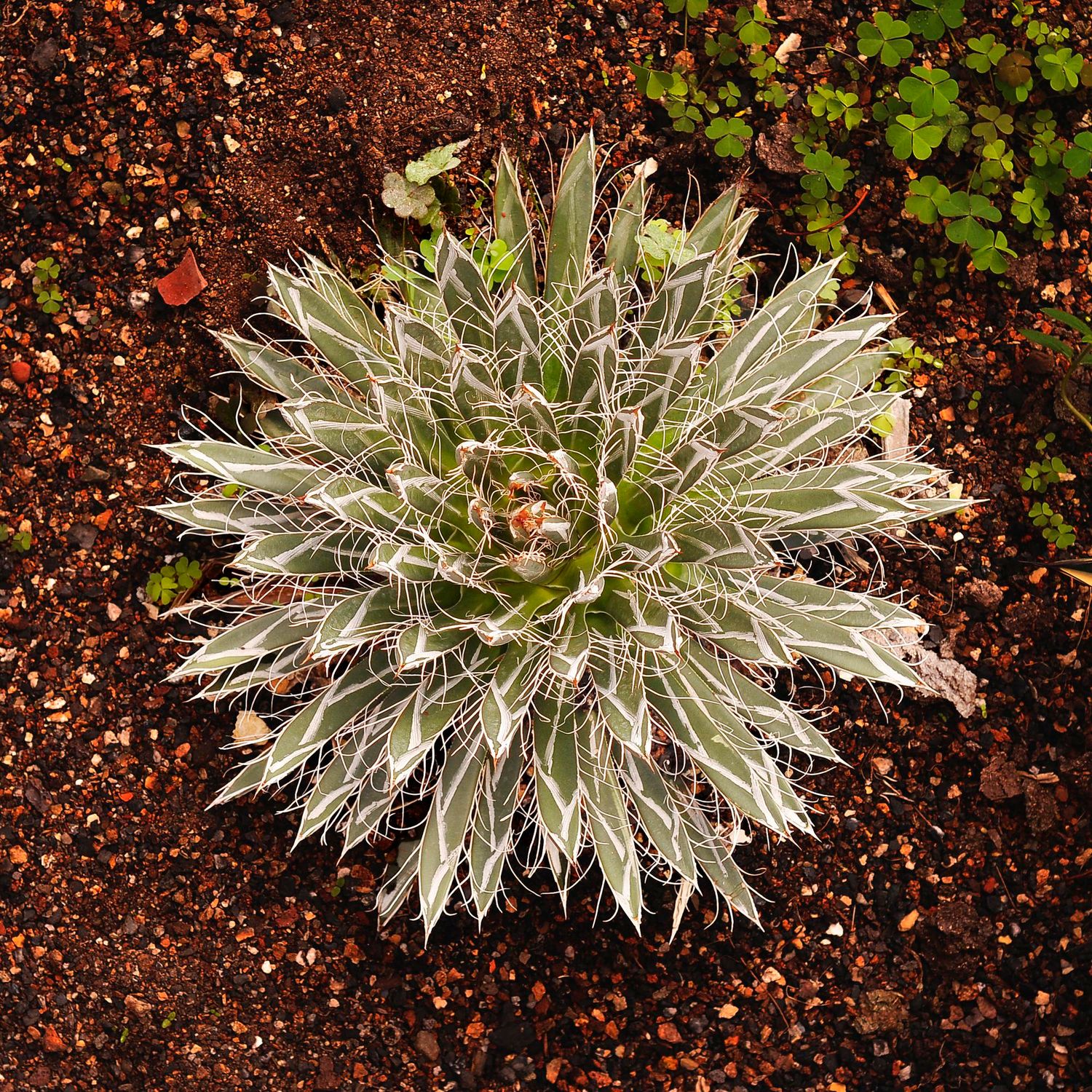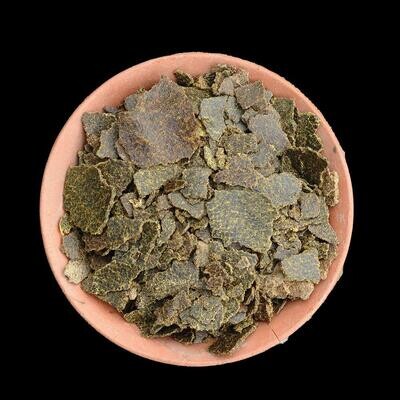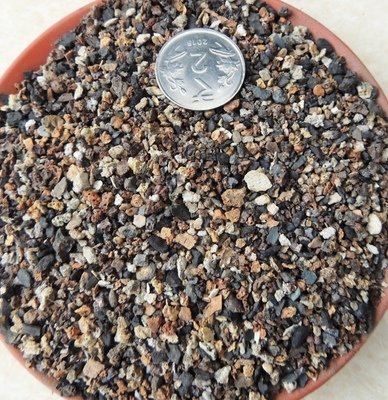Please check the Shipping Updates Page for information on shipping.
Agave toumeyana var bella
Etymology
The genus name "Agave" is derived from the Greek word "agauos," meaning "noble" or "admirable," often reflecting the plant's striking appearance and resilience. The species name "toumeyana" honors an influential early botanist, Dr. Charles H. Toumey, who made significant contributions to the study of agaves and cacti. The variety name "bella" is derived from the Latin word for "beautiful," highlighting the plant's ornamental qualities.
Synonyms
Agave toumeyana var. bella is often referred to as "Agave bella." It may also be classified under other names in some catalogs or discussions, but "Agave toumeyana var. bella" is the most widely recognized classification.
Origin
This agave variety is native to the arid regions of northern Mexico, particularly in areas such as Sonora. It thrives in rocky, well-drained soils and is accustomed to dry climates, often found growing in hot, sunny conditions.
Description
Agave toumeyana var. bella is a compact, rosette-forming succulent characterized by its attractive foliage. The leaves are thick, fleshy, and typically feature a blue-gray to green color, often adorned with subtle white markings. The edges of the leaves are lined with small, sharp teeth. This agave variety is renowned for its relatively smaller size, usually reaching about 1 to 2 feet in diameter, making it an excellent choice for container gardening or smaller landscapes. In late summer, it produces a tall flower stalk that can reach up to 5 feet, topped with tubular yellow flowers that attract pollinators.
Conservation Status
Agave toumeyana var. bella is not considered endangered; however, like many native species, it is susceptible to habitat loss due to urbanization and agricultural expansion. Conservation efforts focused on sustainable land use and cultivation practices are essential to protect its natural habitat.
Care Instructions
Agave toumeyana var. bella is relatively easy to care for, making it suitable for both novice and experienced gardeners. Here are some care recommendations:
- Light: Prefers full sun exposure to thrive. Adequate sunlight promotes healthy growth and flowering.
- Water: Water sparingly, allowing the soil to dry out thoroughly between waterings. Overwatering can lead to root rot.
- Soil: Use a well-draining cactus or succulent mix, ensuring it has good drainage to prevent standing water.
- Temperature: Best suited for warm climates, Agave toumeyana var. bella is not frost-tolerant and should be protected from temperatures below 20°F (-6°C).
- Humidity: Prefers low humidity environments, ideal for dry and arid conditions.
- Fertilization: Feed with a balanced, diluted fertilizer during the growing season (spring and summer) to support its growth.
Etymology
The genus name "Agave" is derived from the Greek word "agauos," meaning "noble" or "admirable," often reflecting the plant's striking appearance and resilience. The species name "toumeyana" honors an influential early botanist, Dr. Charles H. Toumey, who made significant contributions to the study of agaves and cacti. The variety name "bella" is derived from the Latin word for "beautiful," highlighting the plant's ornamental qualities.
Synonyms
Agave toumeyana var. bella is often referred to as "Agave bella." It may also be classified under other names in some catalogs or discussions, but "Agave toumeyana var. bella" is the most widely recognized classification.
Origin
This agave variety is native to the arid regions of northern Mexico, particularly in areas such as Sonora. It thrives in rocky, well-drained soils and is accustomed to dry climates, often found growing in hot, sunny conditions.
Description
Agave toumeyana var. bella is a compact, rosette-forming succulent characterized by its attractive foliage. The leaves are thick, fleshy, and typically feature a blue-gray to green color, often adorned with subtle white markings. The edges of the leaves are lined with small, sharp teeth. This agave variety is renowned for its relatively smaller size, usually reaching about 1 to 2 feet in diameter, making it an excellent choice for container gardening or smaller landscapes. In late summer, it produces a tall flower stalk that can reach up to 5 feet, topped with tubular yellow flowers that attract pollinators.
Conservation Status
Agave toumeyana var. bella is not considered endangered; however, like many native species, it is susceptible to habitat loss due to urbanization and agricultural expansion. Conservation efforts focused on sustainable land use and cultivation practices are essential to protect its natural habitat.
Care Instructions
Agave toumeyana var. bella is relatively easy to care for, making it suitable for both novice and experienced gardeners. Here are some care recommendations:
- Light: Prefers full sun exposure to thrive. Adequate sunlight promotes healthy growth and flowering.
- Water: Water sparingly, allowing the soil to dry out thoroughly between waterings. Overwatering can lead to root rot.
- Soil: Use a well-draining cactus or succulent mix, ensuring it has good drainage to prevent standing water.
- Temperature: Best suited for warm climates, Agave toumeyana var. bella is not frost-tolerant and should be protected from temperatures below 20°F (-6°C).
- Humidity: Prefers low humidity environments, ideal for dry and arid conditions.
- Fertilization: Feed with a balanced, diluted fertilizer during the growing season (spring and summer) to support its growth.





